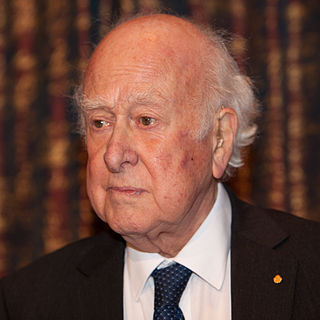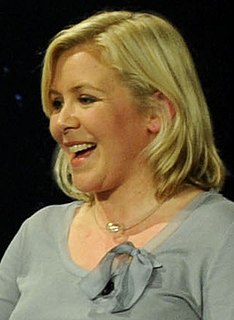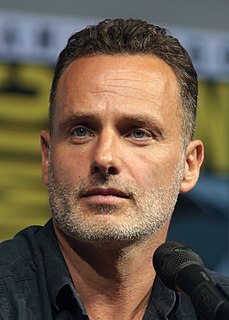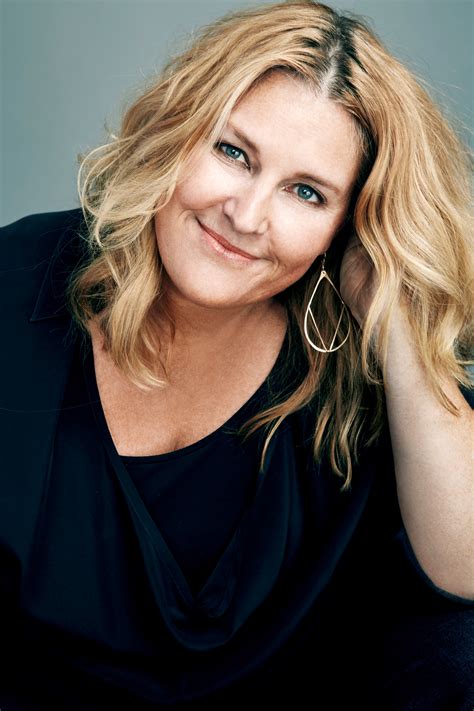A Quote by Neil deGrasse Tyson
I'm not as famous as Stephen Hawking, but certainly in the U.S., I have a very high profile for a scientist. It is an awesome responsibility, one that I don't shoulder lightly.
Related Quotes
I made a film called "The Theory of Everything," which is based on Jane Hawing, who was married to Stephen Hawking - it's based on her book about their relationship.That's what the film will be about - they were both incredible, strong, willful individuals and I feel like that Stephen Hawking himself would say that he wouldn't have survived without the influence of Jane Hawking, and they were an incredible team together.
I think my dad [ Stephen Hawking] would have been pleased if I had turned out a scientist because he truly believes that is the most interesting career open to anyone. But he also believes that you have to follow your own path in life and so he certainly wasn't going to push me toward theoretical physics when it didn't look like I was going in that direction naturally.
I think it's very easy for people who are not deep in the technology itself to make generalizations, which may be a little dangerous. And we've certainly seen that recently with Elon Musk, Bill Gates, Stephen Hawking, all saying AI is just taking off and it's going to take over the world very quickly. And the thing that they share is none of them work in this technological field.
When I was young, Stephen Hawking wasn't the world's most famous physicist. The fame didn't arrive until the publication of "A Brief History of Time," by which time I was in my late teens. When I was a child, he was well known among physicists, but they are a fairly select, serious bunch, not much given to celebrity idolizing.
Stephen Hawking's A Brief History of Time tells the story of a cosmologist whose speech is interrupted by a little old lady who informs him that the universe rests on the back of a turtle. Ah, yes, madame, the scientist replies, but what does the turtle rest on? The old lady shoots back: You can't trick me, young man. It's nothing but turtles, turtles, turtles, all the way down.
What (Stephen) Hawking says in his book The Grand Design is the universe exists because it needed to exist, and because it needed to exist, it therefore created itself. His conclusion merely restates his premise, which means his argument is circular. Nonsense is nonsense, even when spoken by famous scientists.




































